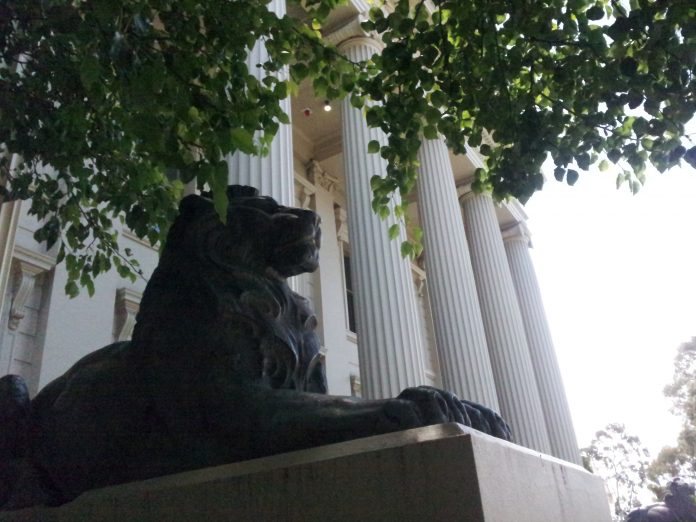FOR all the angst surrounding Geelong’s mayoral election, the upshot facing whoever wins the job is simple … if they can’t work with their 12 colleagues on council they might as well not be in the job.
Geelong’s council is not a one-man show. It is a 13-member council and, hopefully, after this weekend’s poll result, a council united for the common good of serving the City of Greater Geelong.
The direct election of Geelong’s mayor was put in place, ostensibly, to tackle widespread disillusionment at the in-house vote – a process seen as fraught with politics, self-interest and personal ambition.
A common perception that a directly-elected mayor would be able to personally tackle — and resolve — issues with council, and council officers, has always been over-stretching the capacity of the post and the person.
This was made abundantly clear by Keith Fagg, who resigned in frustration at his inability to drive home reforms he wanted.
What his resignation showed in stark relief, though, was that the 12 directly-elected councillors who made up the rest of the council were not about to bow to any one person’s agenda.
The council was, and remains, a local government council. And any notions anyone might have about the mayor going in there to sort out, reform or overrule the council are fanciful.
Whoever assumes the role of mayor this weekend needs to go into the job fully cognisant of this simple democratic fact. The mayor might be directly elected to office but so too was each and every councillor.
If there’s one issue the mayoral election has been coloured by, it is the City’s ward funding system but questions remain unanswered on several fronts.
One is the extraordinary timing of Local Government Minister Jeanette Powell’s media release highlighting a new probe into the system so as to gain mass media attention on the very day election kits started arriving in Geelong letterboxes.
The release was not circulated to all media outlets, nor was it available to City Hall.
Another question hangs over Frank Costa’s reported claims that Premier Denis Napthine could dissolve the council and appoint administrators if an appropriate mayor was not elected.
To Mr Costa’s mind, this contender would be former mayor Ken Jarvis, for whom Mr Costa and others of like mind financed a series of supporting advertisements.
Mr Costa has rejected the Napthine claims but told this newspaper he would not seek clarification or correction of his comments from the media outlet involved. Mr Jarvis also insists the advertisement ran without his knowledge whatsoever.
The release of an adverse report on the city’s finances, and a call for $56 million in asset sales to be considered – by a company headed by former Liberal premier Jeff Kennett – also helped set a dark tone about City Hall. So too, did Mr Kennett’s comments that administrators should be called in if the city’s finances could be sorted.
In addition to these, we witnessed also a Regional Australia Institute report rather badly beaten up by certain media to suggest Geelong council was among the worst in Australia in terms of competitiveness.
The media outlet involved soon after ran an article by City Hall CEO Stephen Griffin openly accusing it of selective coverage of an isolated point in the report for “the express purpose of ridiculing the council’s performance”.
Only the naïve would think there are no agendas behind this election – blatant, disguised or otherwise – but the fact remains as stated here at the outset: if the incoming mayor can’t work with their 12 colleagues on council they might as well not be in the job.
_ noel.murphy@geelongindependent.com.au







